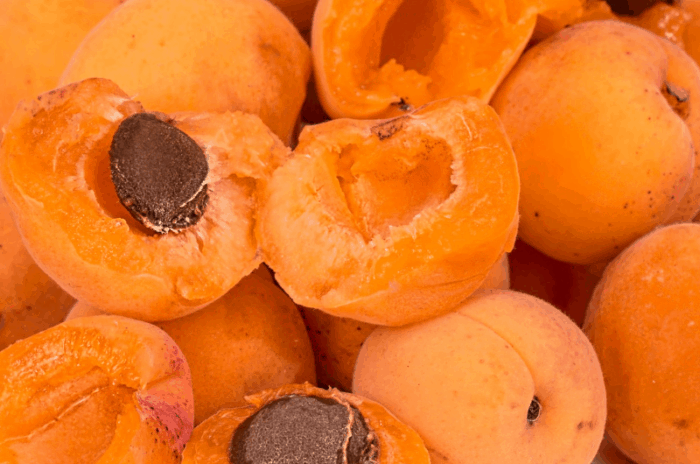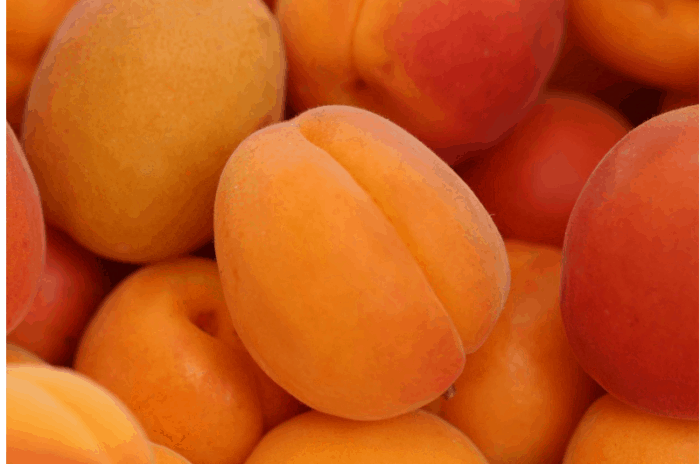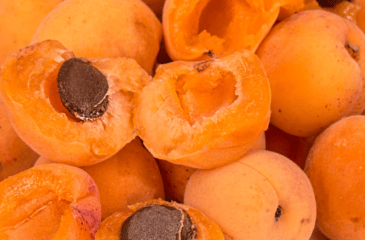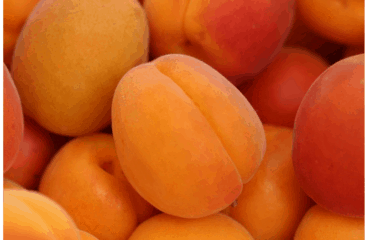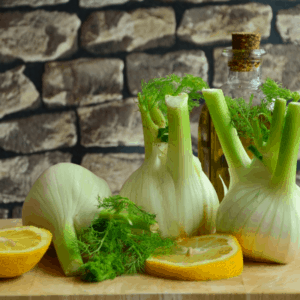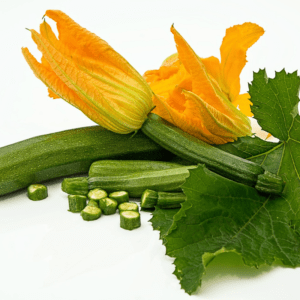Apricots are the fruit of the apricot tree (Prunus armeniaca) which belongs to the Rosaceae family and the prunus genus, which also includes cherry, plum, almond and peach trees.
The fruits are sized between 3.5 and 6 cm, and with a yellow-orange colour depending on the variety, with slight red hues and in some varieties a velvety skin.
The only slightly juicy flesh is firm but gets quite tender as it ripens, with a flavour that ranges from sweet to tart.
Apricots are mainly grown in the Mediterranean basin, with its temperate and dry climate; about 60% of the entire world production is harvested there.
In Italy, 84% of the harvest is from just four regions: Campania (38.7%), Emilia-Romagna (26.6%), Basilicata (13.3 %) and Sicily (5.5%).
Delicious eaten fresh and ripe out of hand; also, their slightly tart taste makes them suitable for savoury dishes such as in tajines (especially lamb) or in a sauce to accompany red meats.
Apricots are wonderful dried, the sugars in their flesh concentrated and flavourful; they are also lovely preserved in alcohol or and syrup, jams, or squeezed for juice.
Apricots make a delicious gelato or sorbetto.
They are very low in calories: only 28 per 100 grams (excluding the stone).
Apricots contain potassium, calcium, phosphorus and iron as well as vitamin A, vitamin B complex, and vitamin C.
Among their numerous antioxidants, the beta-carotene content and the presence of sorbitol stand out.
Benefits of eating apricots:
- low in calories and fat while also an excellent source of vitamins A and C
- high in antioxidants which help to neutralize free radicals that damage your cells and cause oxidative stress, which is linked to many chronic diseases
- may protect your eyes against damage as apricots are an excellent source of beta carotene, lutein, zeaxanthin, and vitamins C and E
- naturally high in antioxidants, which guard against environmental damage from sunlight, pollution, and cigarette smoke and so may benefit your skin by lowering your risk of wrinkles and sunburn
- a good source of soluble fibre, which feeds healthy gut bacteria and may boost digestive health
- high in potassium which may help prevent high blood pressure and reduce the risk of stroke
- naturally high in water, which is important for staying hydrated.

